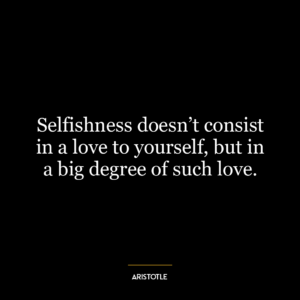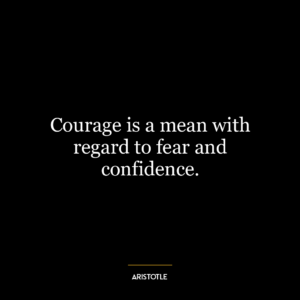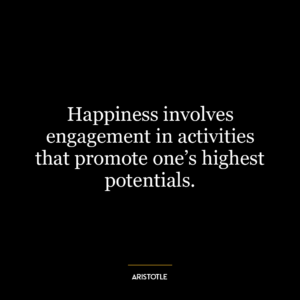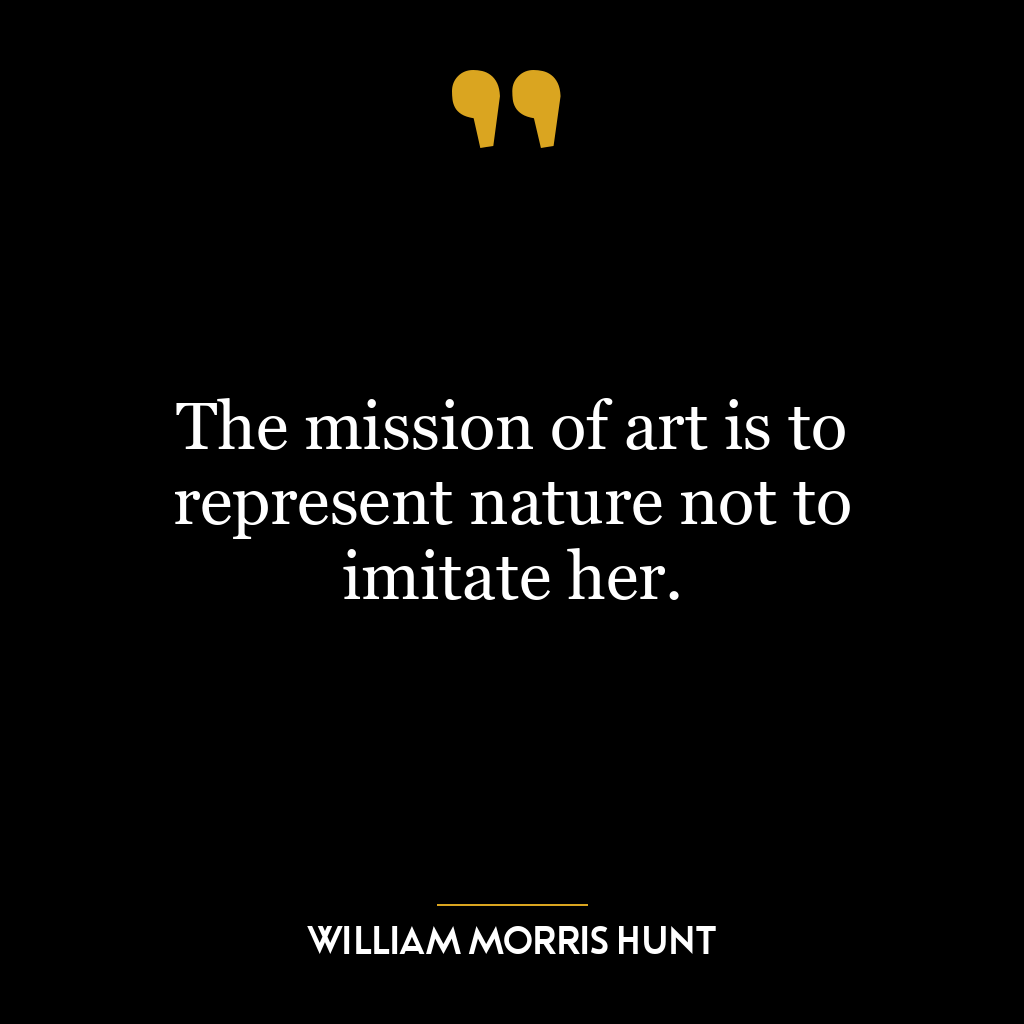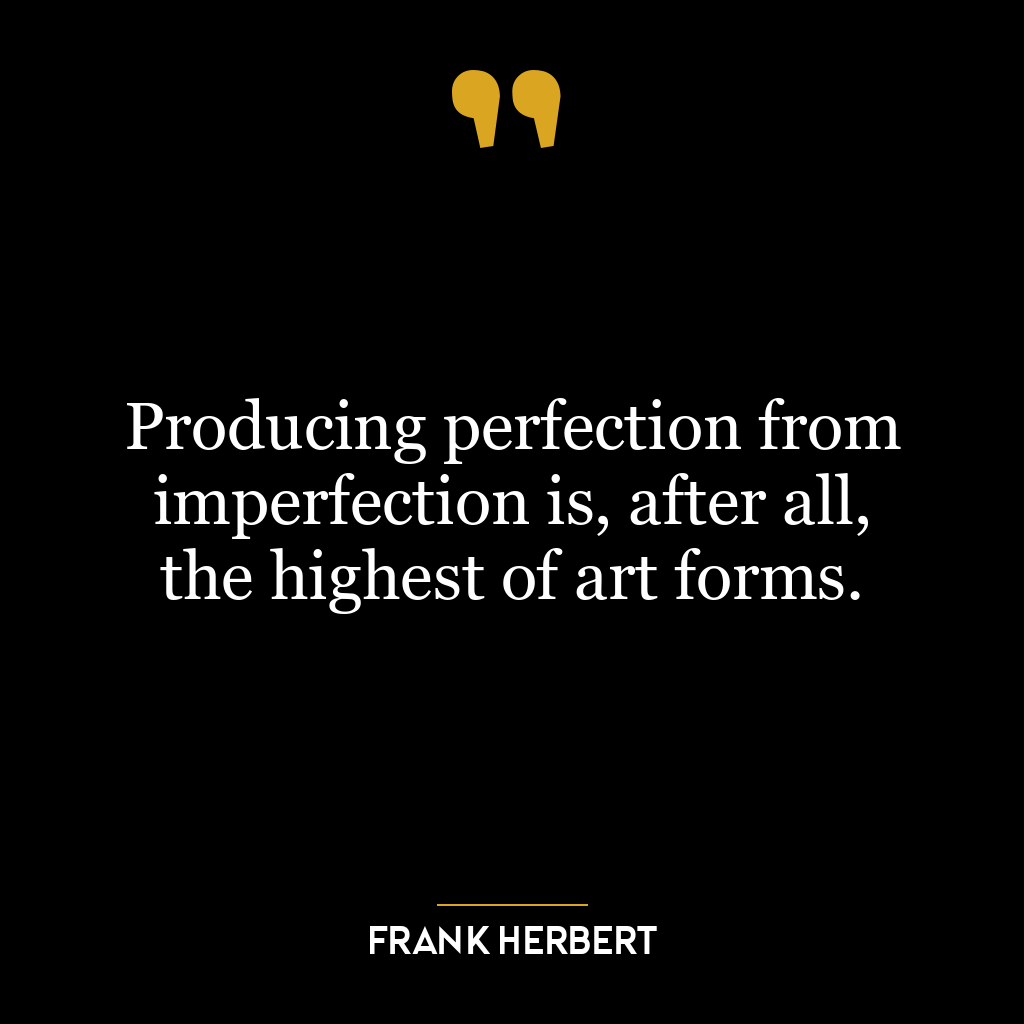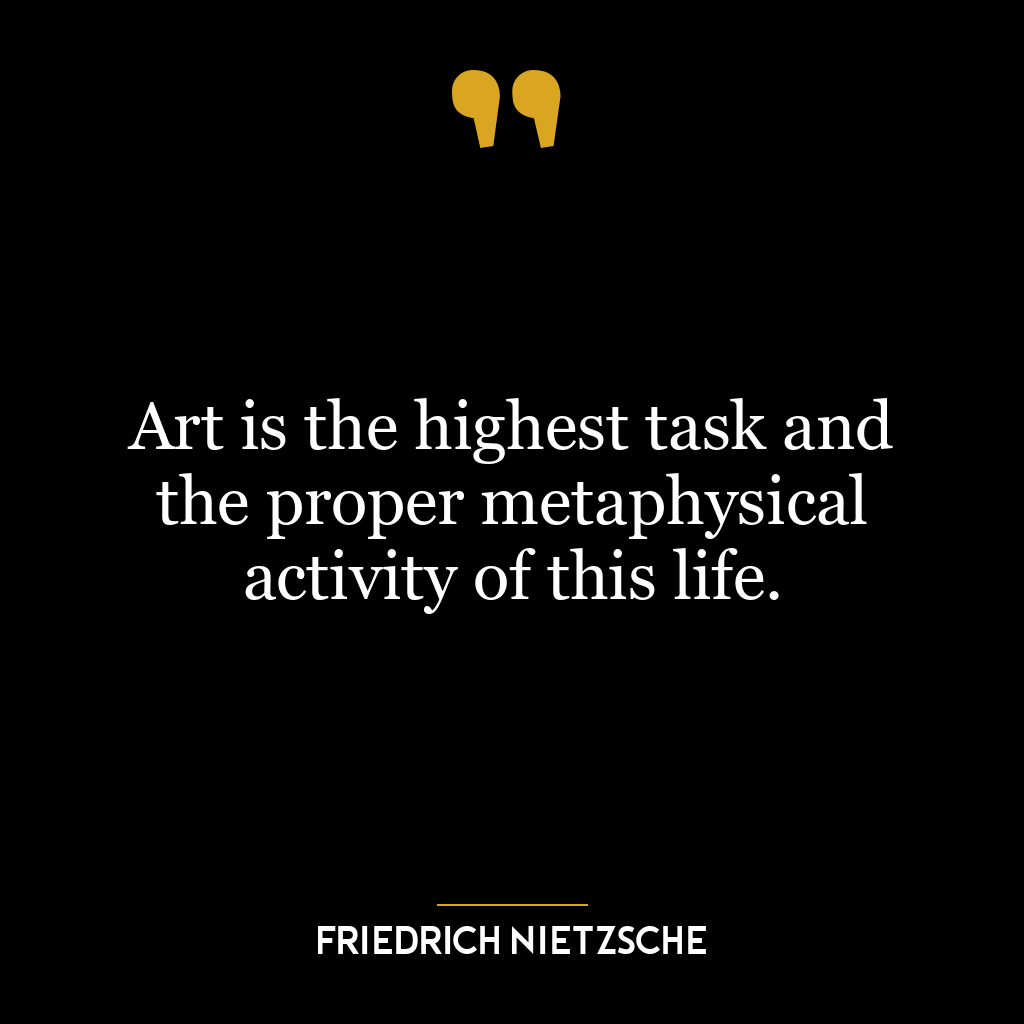This quote suggests that nature, or the natural world as we know it, avoids the concept of infinity because the infinite is inherently flawed or incomplete. According to this idea, nature always strives for a conclusion or a purpose, a state which is incompatible with the concept of the infinite, which is never-ending and without specific direction or purpose.
Aristotle’s assertion reflects his belief in a rational, ordered universe where everything has a specific purpose or ‘end’. In his view, the concept of infinity contradicts this order and purpose, as something infinite has no boundaries, no clear structure, and no definitive purpose or ‘end’.
Applying this idea to today’s world, we might consider the ways in which we, as a society, are often driven by goals and objectives. Just as nature “seeks an end,” humans tend to function best when they have a clear end goal in mind. This could be seen in various aspects of life such as careers, personal projects, or even personal development.
In terms of personal development, this quote could be interpreted as a call to set clear, achievable goals rather than striving for infinite improvement or perfection. Just as nature avoids the infinite, we might also find that infinite or undefined goals can lead to a sense of aimlessness or dissatisfaction. Instead, by setting specific, achievable ‘ends’ or goals, we can create a sense of purpose and direction, which can lead to greater satisfaction and success.
In essence, Aristotle’s quote could be seen as a reminder of the importance of purpose, direction, and achievable goals in creating a satisfying and successful life.



